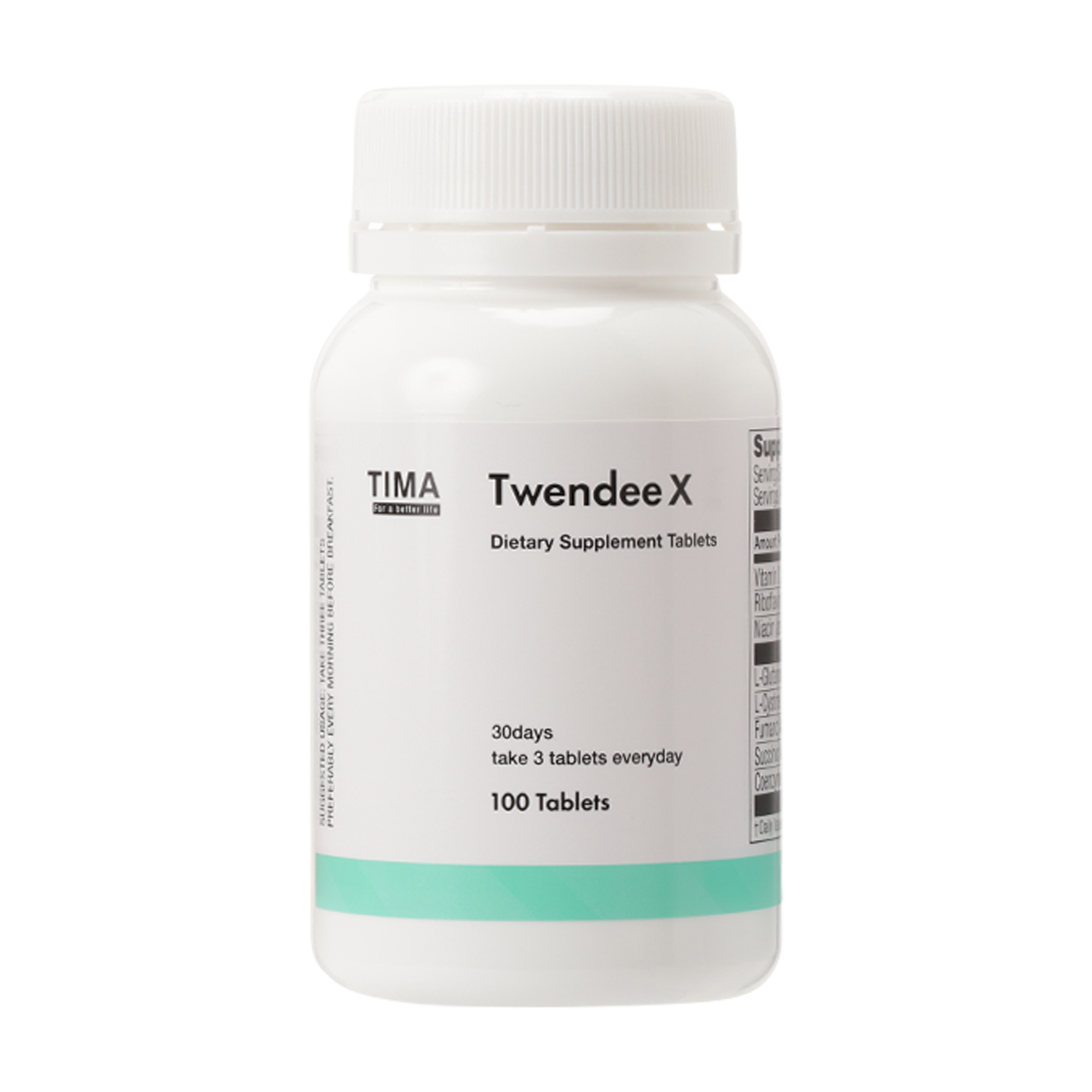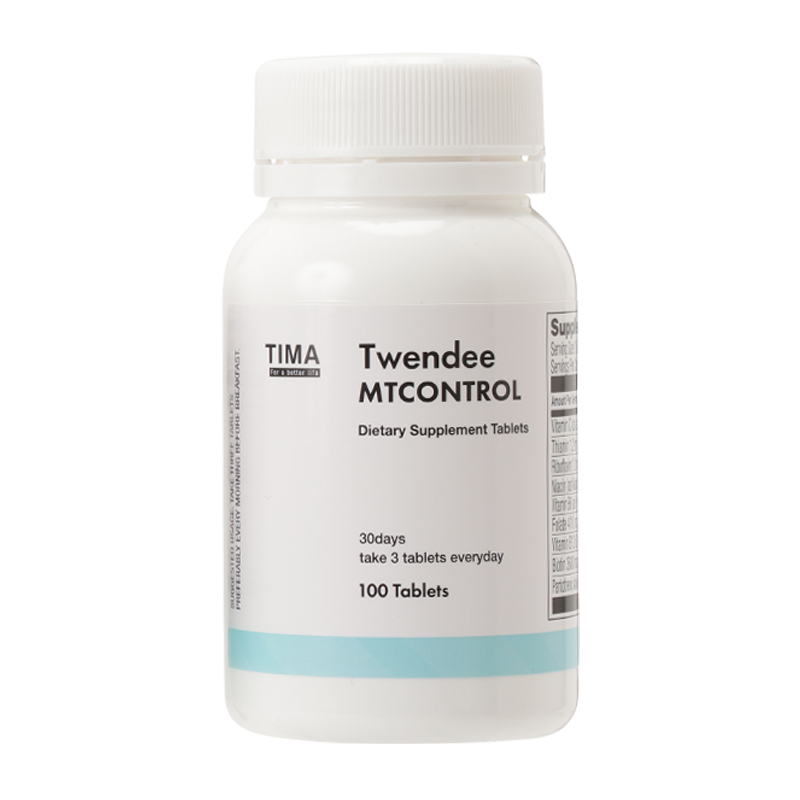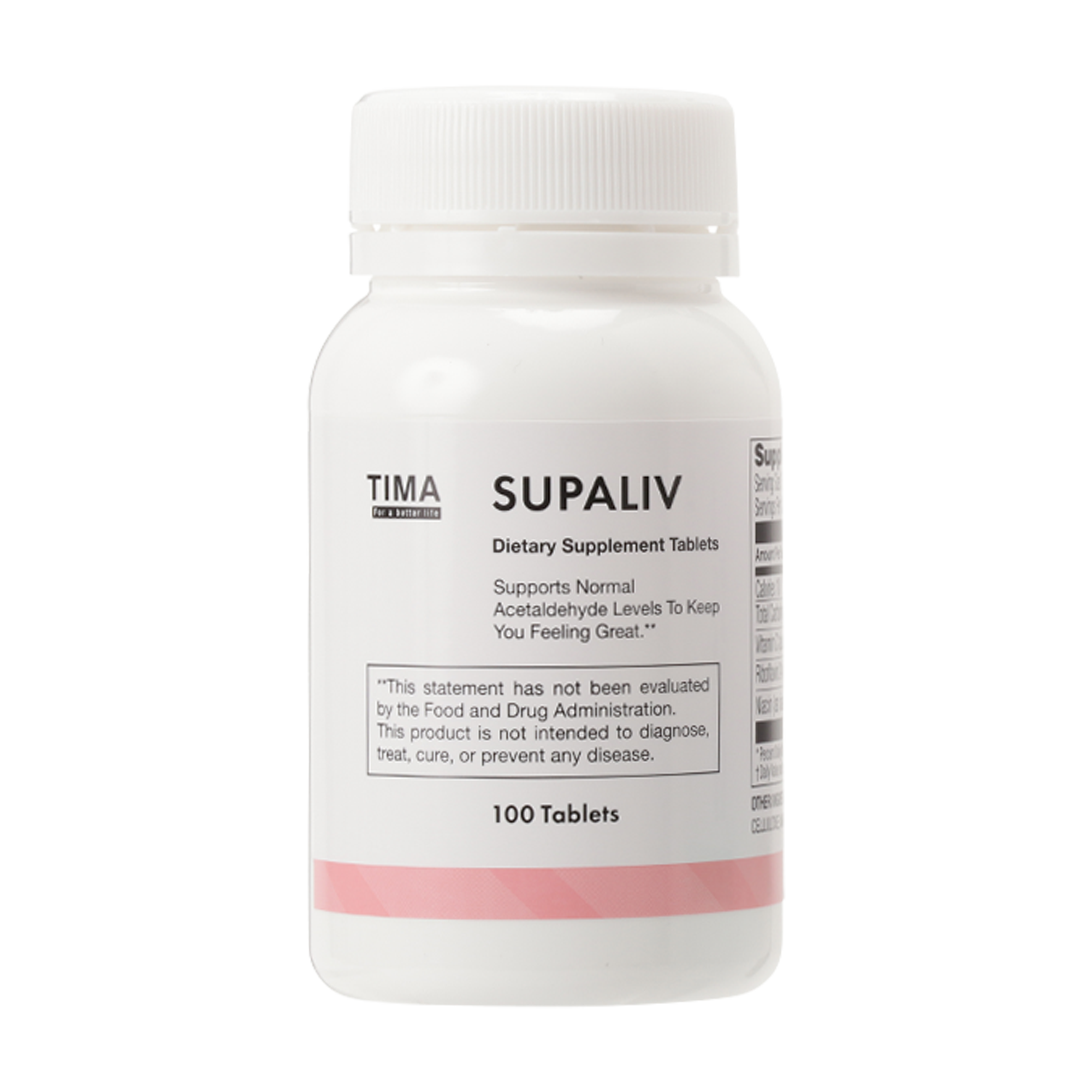Thesis on Oxidative Stress and "gastric ulcer"
- Paper title
- Gastroprotective and anti‐ulcer effects of oxymatrine against several gastric ulcer models in rats: Possible roles of antioxidant, antiinflammatory, and prosurvival mechanisms
- Abstract summary
- Oxymatrine has remarkable protective effects on gastric ulcers.
- Authors
- Yan Fu, Huan-Qing Wu, Huai-Liang Cui, Yue-Yun Li, Changwen Li
- Journal
- Phytotherapy Research
- Semantic Scholar URL
- https://semanticscholar.org/paper/144aa30bd8eb1c7d831c1bcc8407babe3ca664b9
- Abstract
-
Oxymatrine (OXY) has antioxidative and antiinflammatory activities. In the present work, we investigate the effects of OXY on gastric ulcer models and elucidate the underlying mechanisms of action. Ethanol, indometacin, and restraint water immersion stress‐induced ulcerated models were used. The ulcer area was measured, and samples of gastric tissue were taken for pathological, histochemical, and biochemical analyses. OXY effectively reduced the area of gastric ulcers and improved the pathological changes of ulcerated tissue. OXY enhanced expression of Bcl‐2, reduced Bax protein expression, and inhibited alcohol‐induced apoptotic death in both ulcerated tissue and human gastric epithelial cells. OXY increased the prostaglandin E2 level and improved oxidative stress (malondialdehyde, superoxide dismutase, catalase, and nitric oxide) and inflammatory parameters (TNF‐a, IL‐6, and IL‐1) of ulcer tissue. OXY prevented an inflammatory response via decreasing expression of p38, p‐ERK, p‐JNK, and inhibiting NF‐κB p65 translocation from the cytoplasm to the nucleus. Our results reveal that OXY has remarkable protective effects on gastric ulcers. The action of OXY may be mediated via suppression of gastric inflammatory reactions, oxidative stress, and pro‐apoptotic actions, which were the results of blockades of MAPKs and NF‐κB signaling pathways. Our results provide evidence for the beneficial effects of OXY for treating peptic ulcers.








